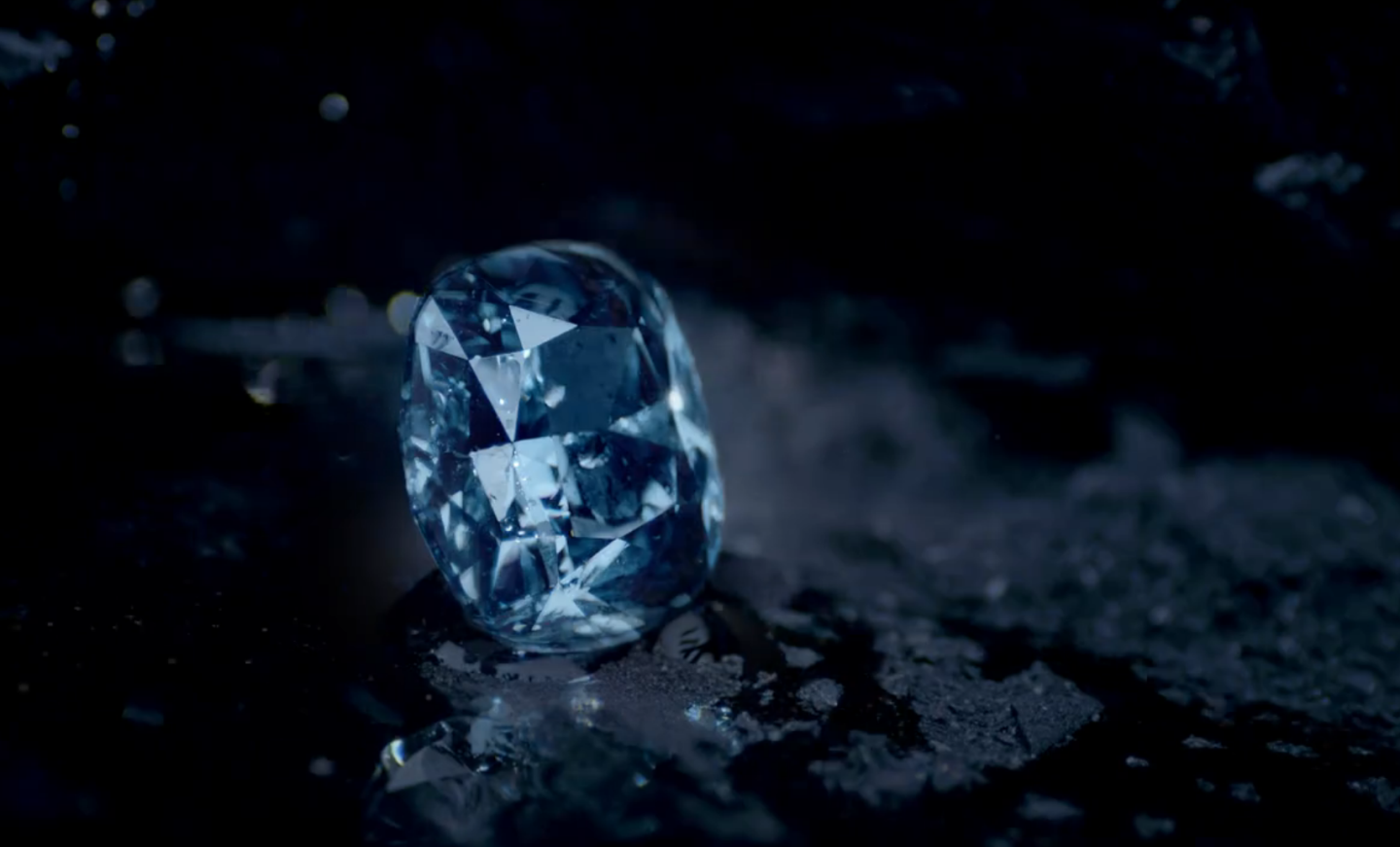Have you ever wondered why some of the most illustrious diamonds in the world are blue? Gleaming, pristine colors as deep as the oceanic depths, give such an astounding ambience to many of these incredibly rare treasures of the earth.
It's estimated that just 1 in every 200,000 diamonds are blue. The 45 carat Hope Diamond at the Smithsonian, is probably the greatest example we have today of this incredibly scarce variety of diamond.
A scientist at the University of Hawaii, Dongzhou Zhang has studied the formation of natural blue diamond. Alongside his team of researchers, Zhang published an article in the journal 'Nature', that showed the world a little more about how blue diamonds form.
We already know that their vivid colors arise from trace percentages of boron. This element, aside from sharing some electro-conductive properties with the stone, also allows it to selectively absorb light differently from other diamonds. Portions of visible light enter the stone, but only some wavelengths are able to leave and return to our eyes, causing the blue color we see so clearly.
The article published newer information, that the impurities contained in most blue diamonds are actually found at a very deep level of the earth. It became clear that based on their findings, blue diamonds form at far greater depths than typical colorless diamonds- many at levels below 410 miles down into the earth.
Some of the researchers have suggested that boron, which absorbs red light (and makes diamonds show up blue) could have been originally present on areas of the ocean floor. When continental plates collided, there were forces that pushed these elements even further down, to levels where heat and pressure allowed for diamond formation occur.
Note that many blue diamonds sold today in jewelry, are a product of artificial enhancement. Color dyes, irradiation and many other modern-day processes create colors in otherwise near-colorless stones. The prices of treated diamonds are much lower than their natural-colored counterparts.
Blue Diamond
Diamond Colors
Fancy Colored Diamond
Gemologists
Gemology Philippines
Hope Diamond
Natural Diamond


